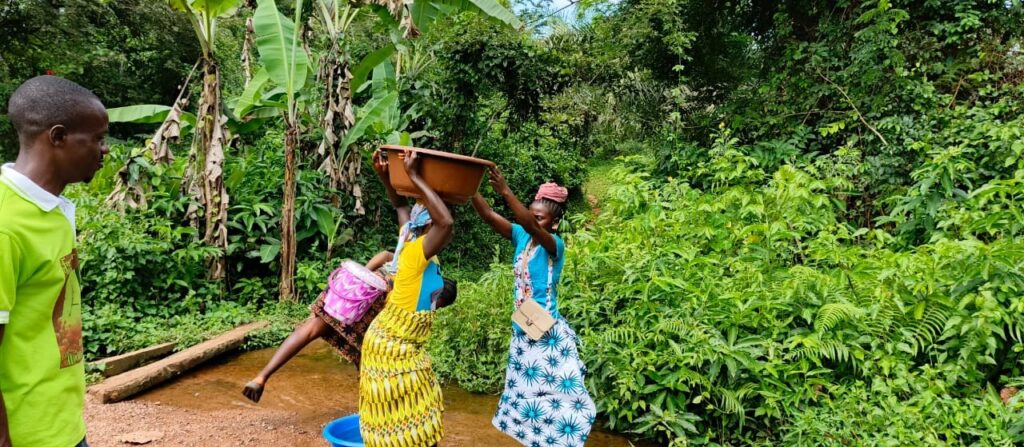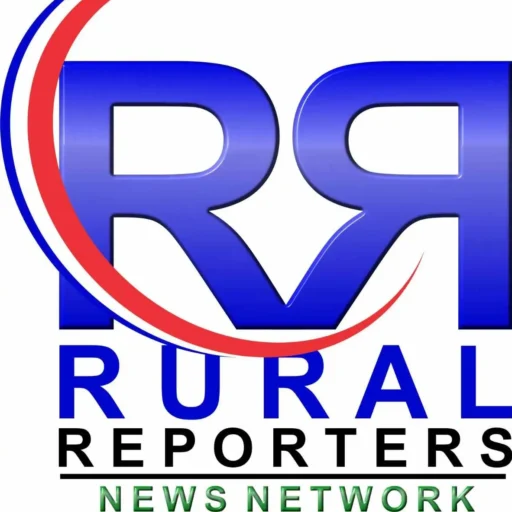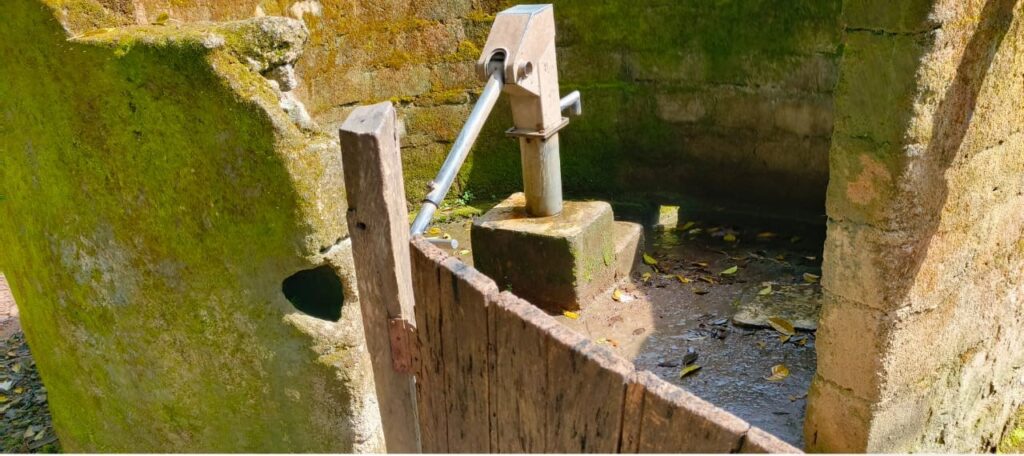By Samuel Borlay
LOFA – Over one thousand inhabitants of Taninahun Town, Kolahun District, Lofa County, are grappling with a severe shortage of safe-drinking water, causing health concerns, particularly among children, according to our reporter in the area.
The community’s only hand pump has been dysfunctional since the beginning of this year, leaving over 1,500 residents to rely on unsafe sources of water for drinking and preparation of meals.
The Elder Council leader of Taninahun Town, Thomas Kawala, told our reporter in a recent interview that the community has spent over 20,000 Liberian dollars in attempts to repair the damaged hand pump, but their efforts have so far proven futile.
“The lack of safe drinking water is causing serious problems for our citizens; the children are especially suffering from frequent cases of running stomach,” Elder Kawala lamented.
The situation has constrained Taninahun Town residents to turn to nearby creeks, which are not safe for consumption, as the only means for fetching water to drink.

“It has become a serious challenge for us to find drinking water since the hand pump broke down. We are now drinking from the creek, and this puts our health at risk,” several members of the women’s group in Taninahun Town told our reporter.
The community is calling for urgent intervention from several quarters including the Government of Liberia, Lofa County’s electoral District #3 lawmaker in the House of Representatives, the two senators of Lofa, and local and international NGOs.
Kawala emphasized the need for immediate support, stating, “We need our hand pump fixed or, if that’s not possible, we require new a one to ensure the health and safety of our people.”
As the water crisis continues, residents of Taninahun Town remain hopeful for a swift resolution to this situation which poses health risks to the people of the area and leaves them in dire need of safe drinking water.
Until help can come and come urgently, the health of residents of the community, especially vulnerable children continues to hang in the balance, as the search for safe and clean water continues unabated in Taninahun Town.
Although Liberia has abundant natural water resources, the country continues to be faced with a severe water crisis in its rural communities.
A recent World Bank report revealed that only two-thirds of Liberia’s population has access to clean water, and this figure drops significantly in rural areas where infrastructure is inadequate or non-existent.
Limited infrastructure is one of the greatest challenges, with rural communities lacking access to piped water supply systems, forcing residents to rely on untreated surface water sources, such as rivers and creeks, which can lead to waterborne illnesses.
Poor sanitation is another challenge, as sanitation facilities are scarce, and most rural residents lack decent toilets and latrines, leading to open defecation and the spread of diseases.
Limited funding adds to the country’s mounting challenges. The government and aid agencies often struggle to allocate sufficient resources to address the water crisis in rural areas, leaving communities to fend for themselves.
Unless solutions are provided and provided quickly to improve the health conditions of rural dwellers aimed at giving them access to clean water and sanitation, which will reduce the incidence of waterborne illnesses, such as diarrhea, cholera, and typhoid fever, which are major causes of mortality in Liberia, inhabitants of rural communities will continue to at risk.
Edited by Olando Testimony Zeongar



